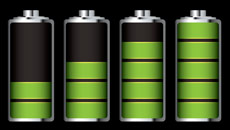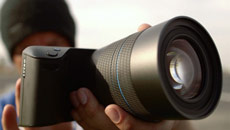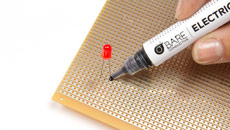Your clothes could soon turn into devices that could power your medical monitors, communications equipment or other small electronics as researchers have now come closer to making a fiber-like energy storage device that could be woven into clothing.
The fibre supercapacitor demonstrated ultrahigh energy-density value, while maintaining the high power density and cycle stability.
Using a polyvinyl alcohol /phosphoric acid gel as an electrolyte, a solid-state micro-supercapacitor made from a pair of fibers offered a volumetric density of 6.3 microwatt hours per cubic millimetre, which is comparable to that of a 4-volt-500-microampere-hour thin film lithium battery.
"We have tested the fiber device for 10,000 charge/discharge cycles, and the device retains about 93 percent of its original performance," said Dingshan Yu of Nanyang Technological University (NTU) in Singapore.
Conventional rechargeable batteries have a lifetime of less than 1,000 cycles.
The team also tested the device for flexible energy storage. The device was subjected to constant mechanical stress and its performance was evaluated.
"The fiber supercapacitor continues to work without performance loss, even after bending hundreds of times," Yu added.
"Because they remain flexible and structurally consistent over their length, the fibers can also be woven into a crossing pattern into clothing for wearable devices in smart textiles," said Yuan Chen, a professor of chemical engineering at NTU.
Such clothing could power biomedical monitoring devices a patient wears at home, providing information to a doctor at a hospital, said Liming Dai of Case Western Reserve University in the US.
Woven into uniforms, the battery-like supercapacitors could power displays or transistors used for communication.
The study appeared in the journal Nature Nanotechnology.





